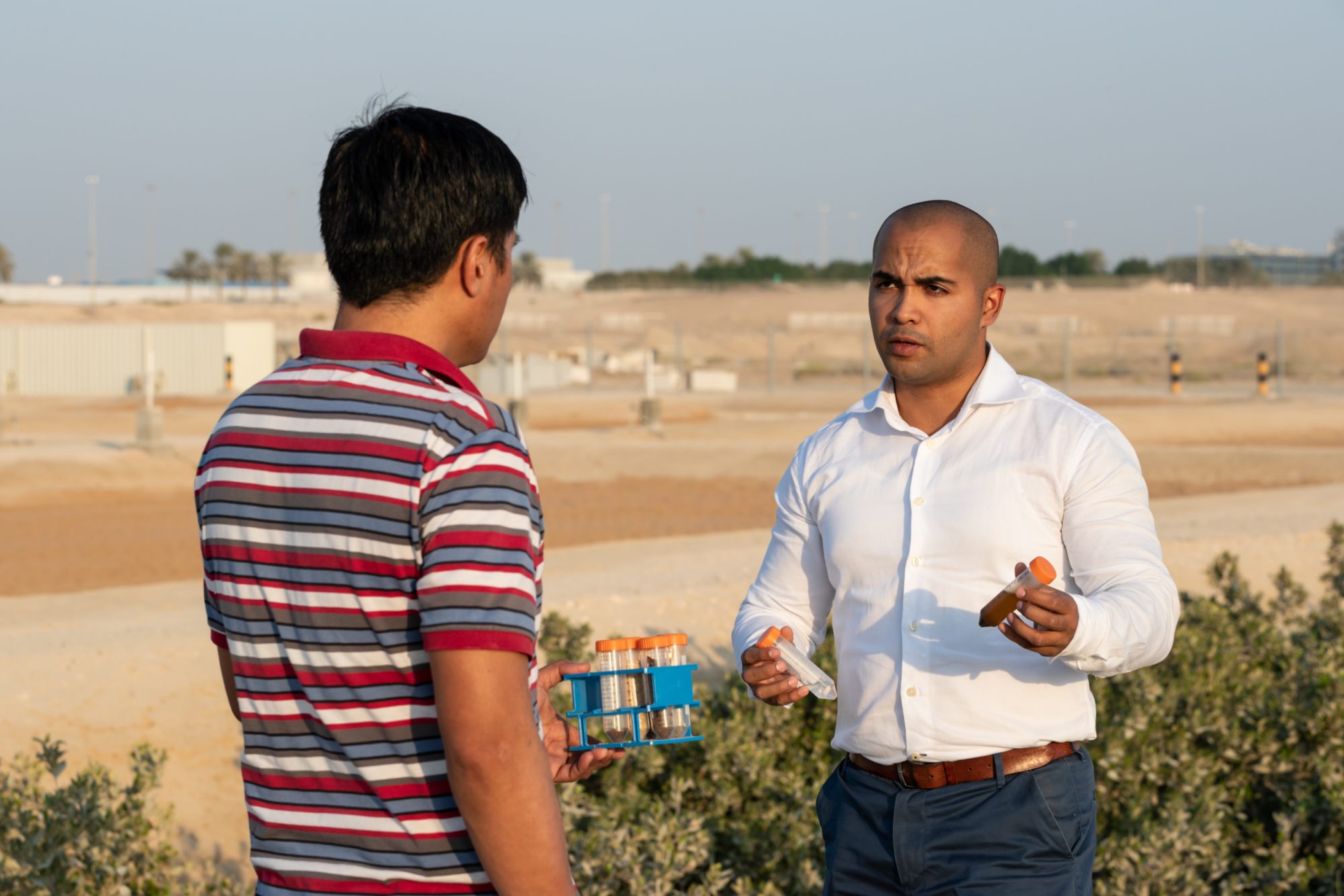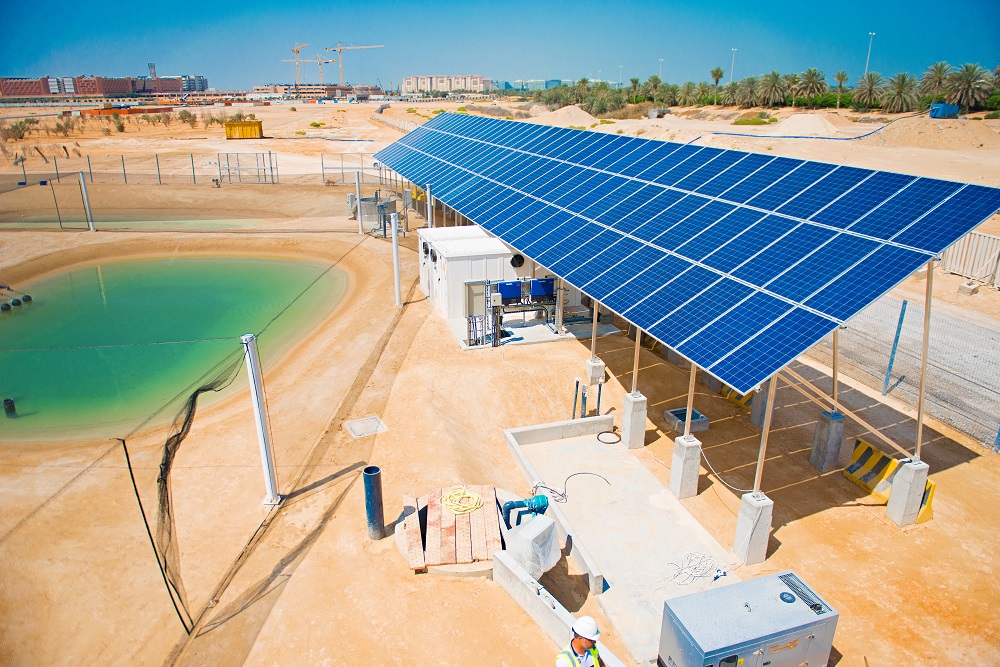The Sustainable Bioenergy Research Consortium (SBRC) is dedicated to addressing national and regional concerns surrounding biofuels and the usage of freshwater. The Consortium aims to accelerate the commercialization of biofuels produced locally with salt tolerant biomass grown on arid land and using seawater. The SBRC focuses on the following research areas: Biomass Feedstock Development, System Integration and Optimization, Bioenergy Conversion and Techno-Economic & Environmental Assessment.

